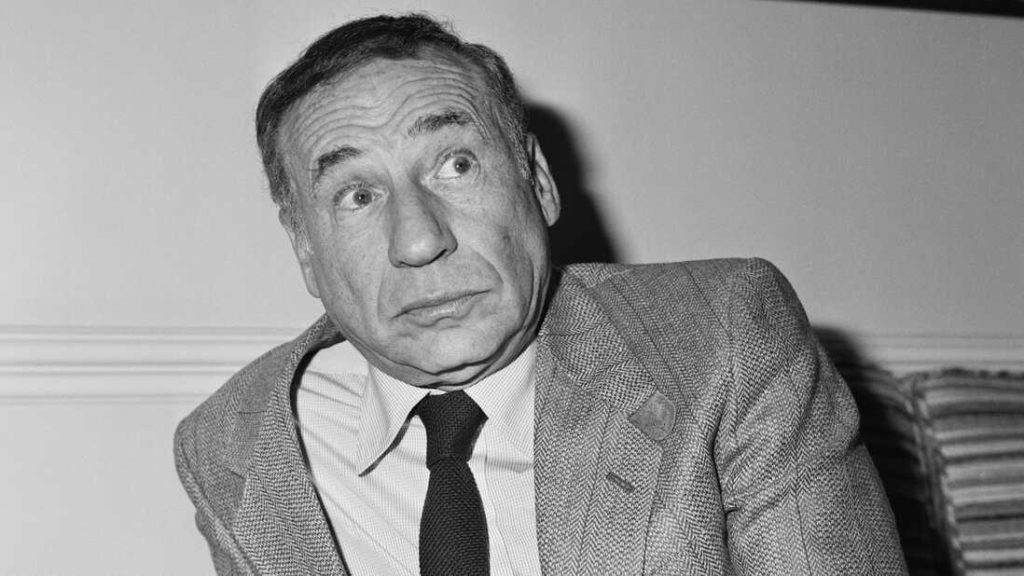Leaving Space for “Permanent” Diaspora Jews
BY YARDENA FRANKLIN
For two thousand years, Judaism has been defined by golah, exile. Perhaps more than any other ethnic or religious group, Jews have been persecuted, moving across the world to escape danger. First fleeing to Europe and throughout the Middle East, and then onto America to escape the pogroms and anti-Semitism of the 1800s, Jews have long existed in ethnic enclaves. The inherent nature of the Diaspora is its temporary status. For the past two thousand years, however, it has seemed a permanent state for the Jews.
Diaspora Jews have existed within a contradiction for centuries, working within the nations in which we’ve found ourselves to build systems and amass wealth, while still maintaining a deep yearning for Zion at our core. In daily prayer service and over holidays, Jews reaffirm our belief in a Messiah, that a Messianic Era is near. In the Amidah, the silent prayer recited thrice a day, Jews daven “Et Tzemach David,” a prayer for the return to Zion and the coming of the Messiah. A common song chanted in the darkest times is “Ani Ma’amin,” which says, “I believe with complete faith in the coming of the Messiah and even though he may tarry, nevertheless, I yearn every day for his coming.”
Even when a return to our homeland has seemed far away, belief in the eventual arrival of the Messiah has been a fundamental principle of our Jewish faith. On holidays, such as at the Passover seder and the end of the Yom Kippur service, we say “Next year in Jerusalem.” Zion has always been our dream, intangible but ever-present. And yet, since 1948, this dream has become tangible. What was a familiar refrain is being lived out by hundreds of thousands of Jews in Jerusalem alone, and millions in Israel as a whole.
This brings about a new, unique question: What about us? What about the Diaspora Jews intent on staying in America, not wanting to uproot our lives for the dream we can now live out? How can we continue to say “Next year in Jerusalem,” knowing that it will not be, not because it cannot be, but because we make the active choice to stay in America? Diaspora Judaism has become an active choice. One with political implications.
All the while, the rift between Israeli and American Jews has grown larger and smaller, with increased globalization bringing the world closer together, but with very distinct experiences separating Jews in our homeland from those in the Diaspora.
After October 7, Diaspora Jews have come under threat. With anti-Israel protests spreading from college campuses to the streets, latent anti-Semitism has been given the space to rise, becoming overt. This has caused a significant number of Jews in America to become all the more vocal about support for our homeland, like through the March for Israel rally in Washington, DC last fall, which was the largest pro-Israel rally in U.S. history, attracting a turnout of nearly 300,000 people, with an additional 250,000 watching the live stream.
As Jews in America fight for our homeland, our need for the state of Israel has become more appreciable. At the DC rally, we unified for the continued existence of the state of Israel, and yet we remain in place in America. The need for Israel has become more pronounced, but the diaspora community in the United States has remained a similar size. The Pew Research Center projects the 1.8 percent of the American population that Jews made up in 2010 will shrink to 1.4 percent in 2050. But this number is still projected to represent almost six million Jewish Americans.
I propose that we should create a new category for Jews who remain in the American diaspora. They should be referred to as “Permanent” Diaspora Jews. Despite the opportunities and resources available to us—organizations like Nefesh B’Nefesh created to ease the aliyah process—still, many American Jews choose to stay in the United States. We should also recognize the distinction between Judaism in Israel and America. Most importantly, that the epicenter of Jewish life has moved from America to Israel, and that our position is becoming increasingly tenuous.
One’s first instinct may be to write off American Jews entirely. It is possible to see these Permanent Diaspora Jews as prioritizing American values and community over a passion for our homeland, meaning that American Jewish voices should hold less weight in discussions about the future of Israel. Moreover, American Jews are as divided in political and religious beliefs as Israelis themselves, so treating all these voices as equal will only muddy the waters unnecessarily.
Alternatively, these Permanent Diaspora Jews can be viewed as a portion of the Jewish people, who although they have no plans to make aliyah, are a large part of our community and deserve an equal part in the conversation around Judaism in the twenty-first century. Fundamentally, the unifying thread tying together Israeli and Diaspora Jews is our equal stake in the future of the Jewish people. It follows, then, that Diaspora and Israeli Jews hold perspectives equally valuable concerning the Jewish state. This perspective prioritizes the Jewish people as a whole over those simply living within the Land of Israel. However, it would be natural to extend this perspective into one that prioritizes the Jewish people over the Jewish state, suggesting that they are separate entities. If the collective Jewish community supersedes the distinctions between Israeli Jews and Permanent Diaspora Jews, the state itself is not as relevant.
I propose a different idea, the line that is being anxiously walked by organizations and communities of Permanent Diaspora Jews. Instead of separating the Jewish people from the Jewish state, we should acknowledge the everlasting presence of this community and make space for it. We should consider these voices to be not less important, just of a different category. When it comes to the internal politics of Israel, this voice should be decentralized, but when it comes to the presence of Israel in foreign affairs, it is wrong to deprive Permanent Diaspora Jews of our spot at the table. These two opposing perspectives must both flourish, both holding their own weight. Making aliyah is indeed a powerful statement that displays prioritization of our homeland above all else. Still, it is also true that Permanent Diaspora Jews are here to stay, so no matter the desired outcome, it is naive to delude ourselves of this reality.
Diaspora Jews have made a statement by remaining in America. With the increasingly accessible paths for aliyah, the agency with which we live our lives has made our contentment with staying in America an active choice. Since October 7, the worlds of difference have become more pronounced as American Jews fight against anti-Semitism in our own country and mourn for Jews across the ocean, while Israeli Jews grieve for their soldiers and friends, a collective mourning across the nation.
And so, as Permanent Diaspora Jews fight to maintain our place in the broader Jewish conversation while being all too aware of the ocean and worlds between us and the religious, cultural, and political center of Judaism in the twenty-first century, it is critical to both acknowledge the voices of Permanent Diaspora Jews and still distinguish between us and Israeli Jews.
Suggested Reading

All About Mel
In an iconic moment of the 1967 film The Producers, scantily clad dancers dressed as Nazi sturmtruppen move into swastika formation and slowly rotate, surrounded by Third Reich banners and singers extolling the…

A New Viewpoint on Diversity
Often, it seems that the people who talk about diversity never visit diverse communities. People seem to think that diversity is based on how one looks. True diversity is not about how someone looks, but how they act.

Hard Times Create Strong Jews
In an examination of American Jewry's financial and intellectual situation, as well as the current political and religious divisions running through the community, one can't say that Milton Himmelfarb was correct in his prediction of a future of "fewer but better Jews".

A Jewish Perspective of Longing
BY SAMUEL FIELDS Since the calamity of October 7, there has been Jewish achdut, unity, around the world. Such achdut requires respect for each other and keeping our eyes on…